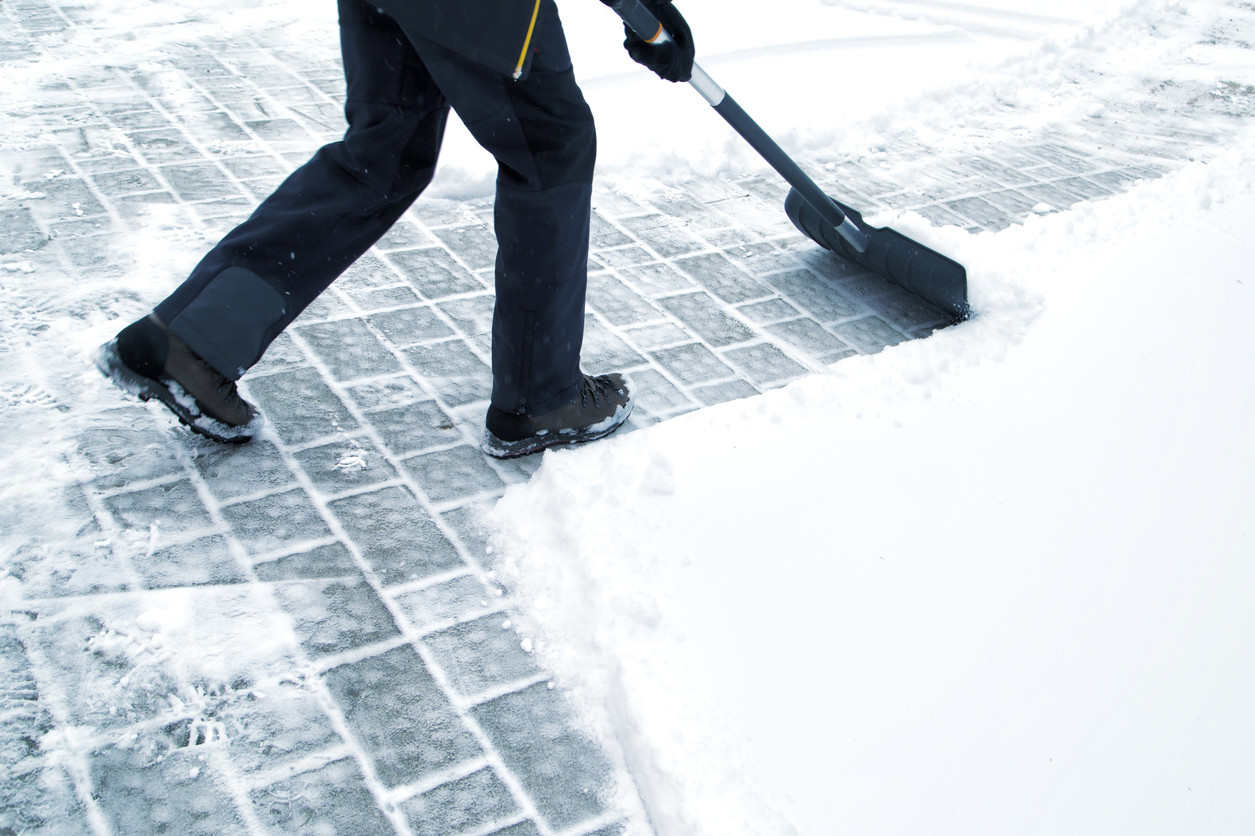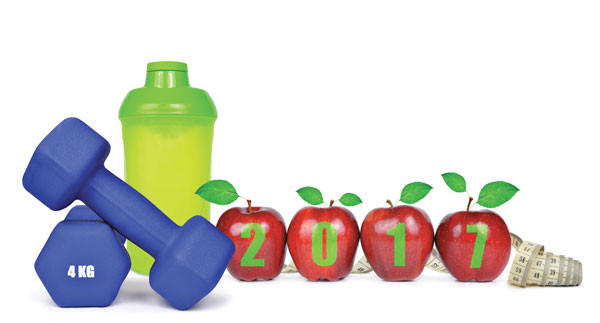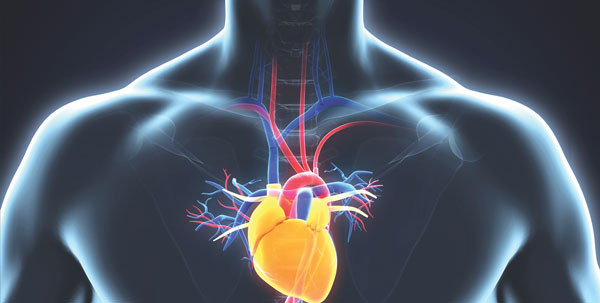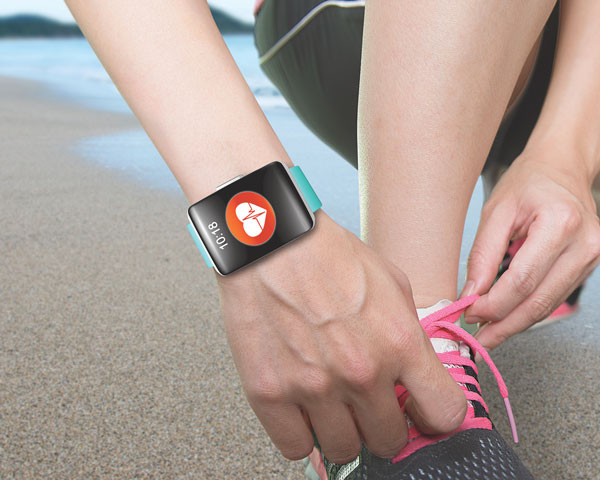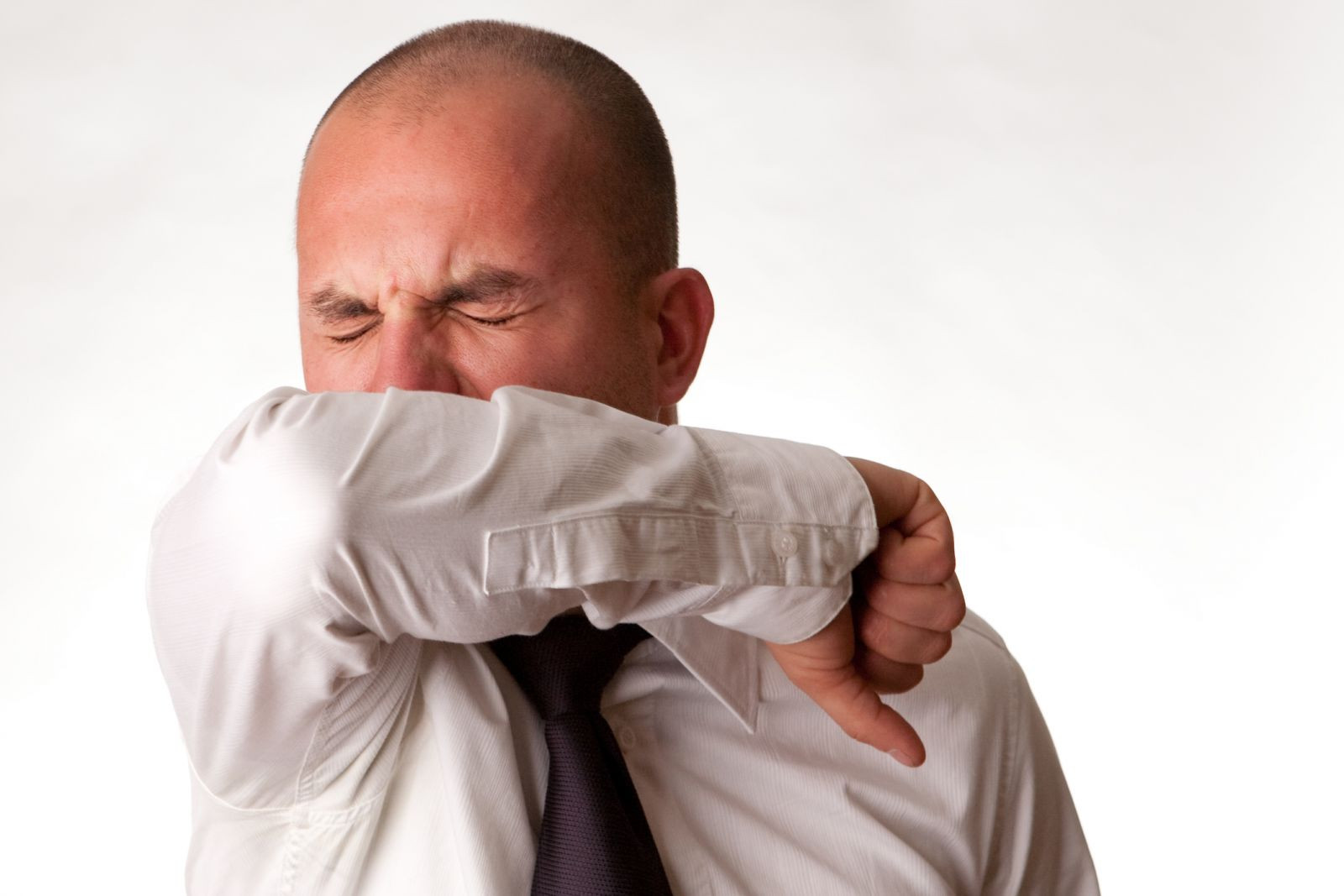
5 timeless habits for better health

What are the symptoms of prostate cancer?

Is your breakfast cereal healthy?

When pain signals an emergency: Symptoms you should never ignore

Does exercise give you energy?

Acupuncture for pain relief: How it works and what to expect

How to avoid jet lag: Tips for staying alert when you travel

Biofeedback therapy: How it works and how it can help relieve pain

Best vitamins and minerals for energy

Should you take probiotics with antibiotics?
Staying Healthy Archive
Articles
Say cheese?
Dairy products don't seem to harm the heart. But plant-based fats are probably a better choice than cheese.
Image: AlexPro9500/Thinkstock
Health-conscious consumers know to steer clear of diets that include lots of meat—especially fatty, salty processed meat. But what's the deal with dairy? Nutrition experts have long recommended low-fat milk and yogurt as good choices for getting the two to three daily servings of dairy recommended by federal dietary guidelines.
Over the past few decades, Americans have been spooning up more yogurt and drinking much less milk. But the biggest change by far has been in our cheese consumption, which has skyrocketed since the 1970s (see "Trends in dairy intake: Less milk, more cheese and yogurt").
How winter’s chill can challenge your heart
A few simple precautions can minimize your risk.
Image: robertiez/Thinkstock
Every time you venture out into the bone-shivering, teeth-chattering cold of a Northern winter, your heart and blood vessels kick into overdrive to keep your internal organs cozy. To accomplish this feat, the tiny blood vessels in outlying areas such as the fingers and toes constrict to stem the loss of body heat into the environment. The flip side of this protective maneuver is that the heart must beat against extra force to overcome the resistance it meets in the narrowed vessels.
Supply and demand mismatch
Smart precautions
You can minimize the impact of cold weather on your heart by taking steps to avoid situations that are likely to put you at risk.
Don't overexert. Remember that your heart is already working overtime to compensate for the cold temperatures. Therefore, don't push yourself with strenuous activities such as shoveling heavy snow or partaking in vigorous outdoor exercise unless you are in good physical shape.
Keep your body temperature steady. Put on warm outerwear including coat, gloves, and hat before facing the elements. This will guard against hypothermia, in which the body's internal temperature falls too low. Likewise, dress in layers that you can peel off if you get too warm. Overheating can lead to an abrupt and potentially dangerous drop in blood pressure.
Get a flu shot. A bout of seasonal flu can trigger a heart attack in people already at risk for heart disease. The flu causes a fever, which can make your heart beat faster. It can also cause dehydration, which can have a similar effect as the heart beats faster to maintain your blood pressure.
Keep your prescriptions filled. Icy conditions can make it difficult to get to the pharmacy to pick up a prescription, so make sure not to let your supply of heart medicines run low.
Heed the warning signs
Your New Year’s resolution: A gym membership?
What to consider when choosing a workout venue.
Image: vencavolrab/Thinkstock
If getting in shape tops your list of New Year's resolutions, you're in good company. During the first few months of the year, sign-ups at fitness centers and health clubs tend to trend upward. While these memberships can be costly, you may be able to find more affordable options or take advantage of discounts. But no matter what you pay, shelling out a monthly fee may encourage you to use the gym regularly to get your money's worth. If you do, your heart will likely reap the rewards: regular exercise is one of the best ways to boost cardiovascular health.
"The main advantage to joining a gym is to have access to a wide variety of exercise equipment," says Alex Petruska, a senior physical therapist at the Sports Medicine Center of Harvard-affiliated Massachusetts General Hospital. That includes machines for a cardiovascular workout, such as treadmills, elliptical trainers, stationary bikes, and stair steppers, as well as a variety of weight machines.
Online hospital ratings: Are they helpful?
A better understanding of these rating systems can help you know how and when to use them.
Image: NiroDesign /Thinkstock
Many people make it a habit to check online reviews before purchasing products and services. But not everyone realizes that you can also find online ratings of many hospitals throughout the United States.
Granted, choosing your hospital isn't always an option (in the event of a heart attack, for example). Location and insurance issues may also come into play. But if heart disease is a concern, do you know how your local hospital's cardiac care stacks up? What if you need a non-emergency procedure? Where's the best place to go?
Bringing awareness to aneurysms in the chest
Most often, bulges in the aorta near the heart are found by accident. Should you be screened for this rare yet dangerous condition?
Image: Nerthuz /Thinkstock
The aorta, the body's largest blood vessel, arises from the heart's left pumping chamber, then curves up and over the heart in a gentle arc. In some people, a weak spot in the aorta's wall causes the vessel to bulge outward like a worn-out bicycle tire. Called a thoracic aneurysm, this stealthy condition develops slowly and silently, rarely causing symptoms. And while some thoracic aneurysms are relatively harmless, others cause catastrophic problems. An estimated one in 10,000 people has a thoracic aneurysm, although the exact prevalence is unknown.
"Most thoracic aneurysms are discovered on an imaging test done for some other reason," explains Dr. Eric Isselbacher, associate professor of medicine at Harvard Medical School and co-director of the Thoracic Aortic Center at Massachusetts General Hospital. For example, an aneurysm might be visible on an echocardiogram (heart ultrasound) done during testing for an irregular heartbeat. Because the condition is so uncommon, testing everyone for a thoracic aneurysm doesn't make sense. But certain people face a higher risk than others (see "Who needs to be checked?").
Are wristwatch-style heart rate monitors accurate?
Wristwatch-style fitness monitors use a sensor that detects blood flow through the skin to estimate a person’s heart rate. Some brands are more accurate that others, but none are as accurate as chest-strap monitors.
What causes a cough after a cold?
A persistent cough that remains after an infection has been treated can last for a month or two. There are several treatments that may offer relief, such as antihistamines or a bronchodilator inhaler.
When is it okay to split medication in half?
Splitting a pill into two equal halves is sometimes necessary when needing to adjust dosage, or as a means to save money buy purchasing higher-dose pills. However, splitting is not safe for all pills, so a person should always consult a pharmacist or doctor.
Looking for a few good men
There are many opportunities to join a clinical trial, and you may be surprised at what you can learn about your health.
Image: ggustavofrazao/Thinkstock
You no doubt have seen advertisements asking people to join a clinical trial and thought they don't apply to you. But perhaps you should reconsider.
"People have a vested interest in the outcome of research trials, since these studies address many issues they want to avoid or better manage, such as cancer, diabetes, blood pressure, and dementia," says Dr. Howard Sesso, an epidemiologist with the division of preventive medicine at Harvard-affiliated Brigham and Women's Hospital.
Stopping exercise for 10 days can decrease brain blood flow
Stopping exercise for 10 days can reduce brain blood flow by 20% to 30% in eight brain regions, including the hippocampus, which is responsible for learning and memory and is one of the first brain regions to shrink in Alzheimer’s disease.

5 timeless habits for better health

What are the symptoms of prostate cancer?

Is your breakfast cereal healthy?

When pain signals an emergency: Symptoms you should never ignore

Does exercise give you energy?

Acupuncture for pain relief: How it works and what to expect

How to avoid jet lag: Tips for staying alert when you travel

Biofeedback therapy: How it works and how it can help relieve pain

Best vitamins and minerals for energy

Should you take probiotics with antibiotics?
Free Healthbeat Signup
Get the latest in health news delivered to your inbox!
Sign Up

